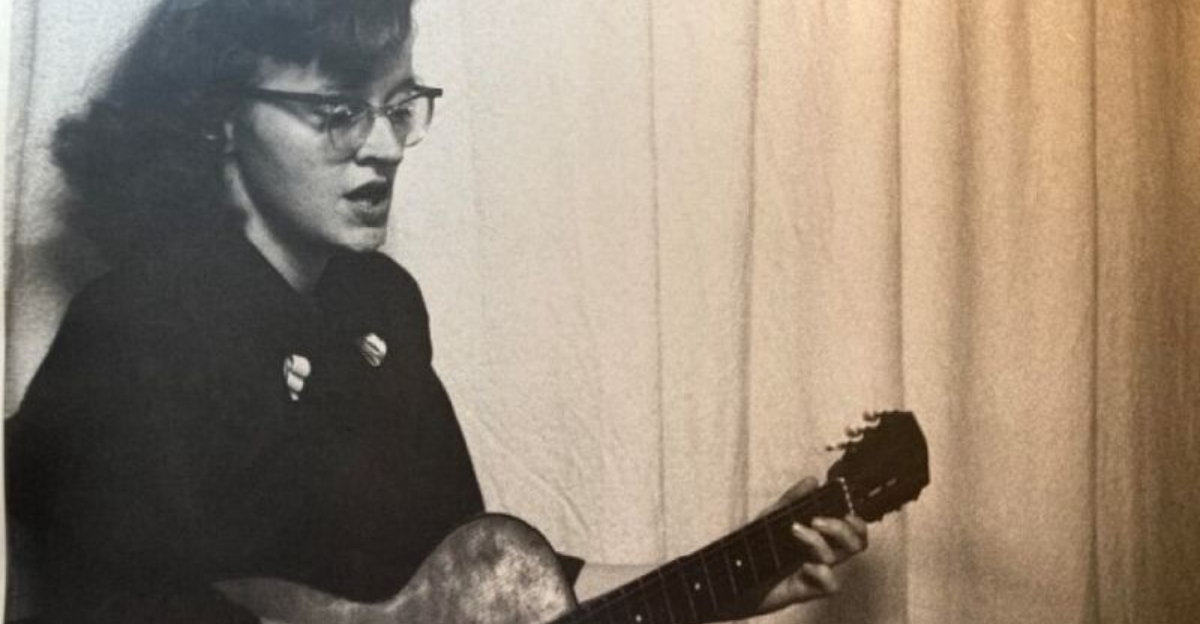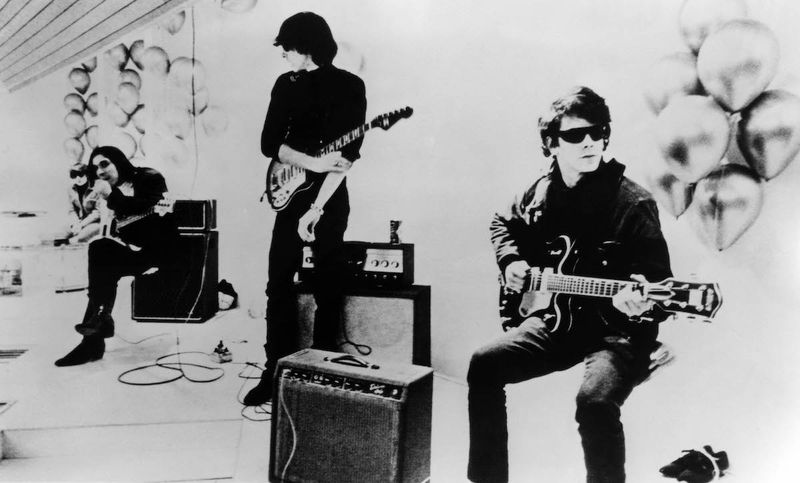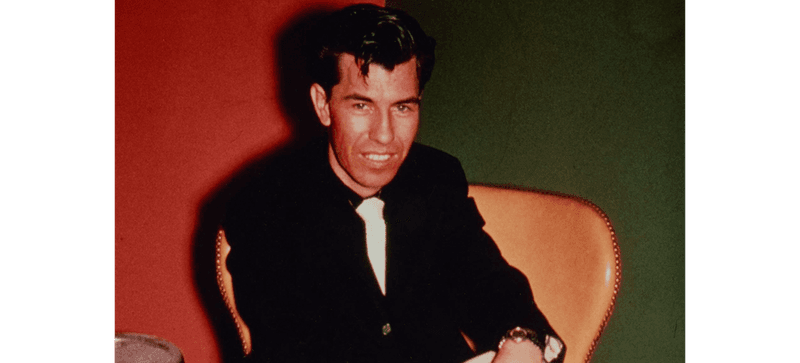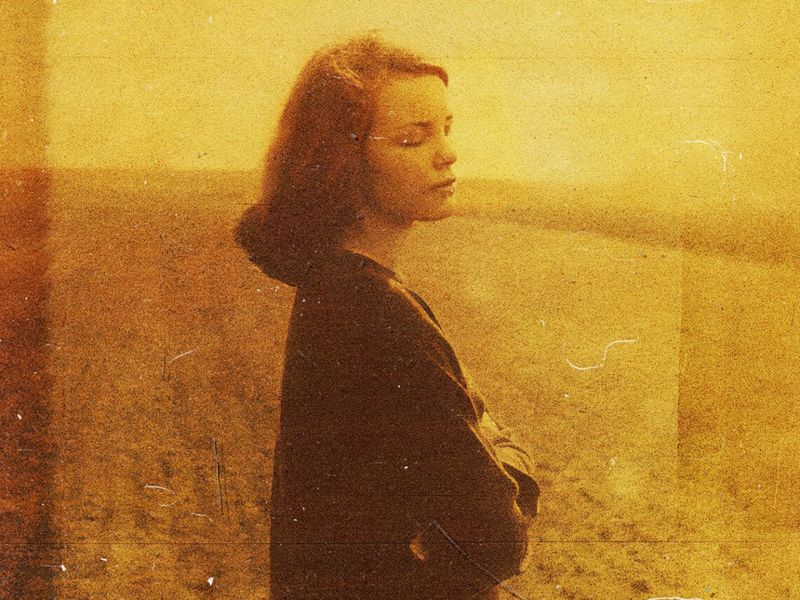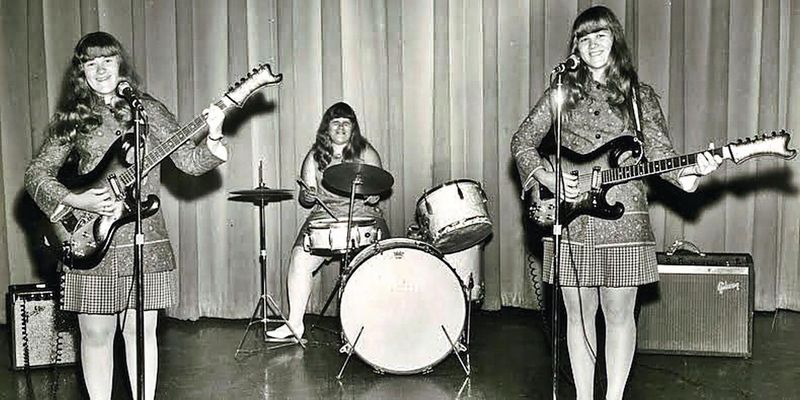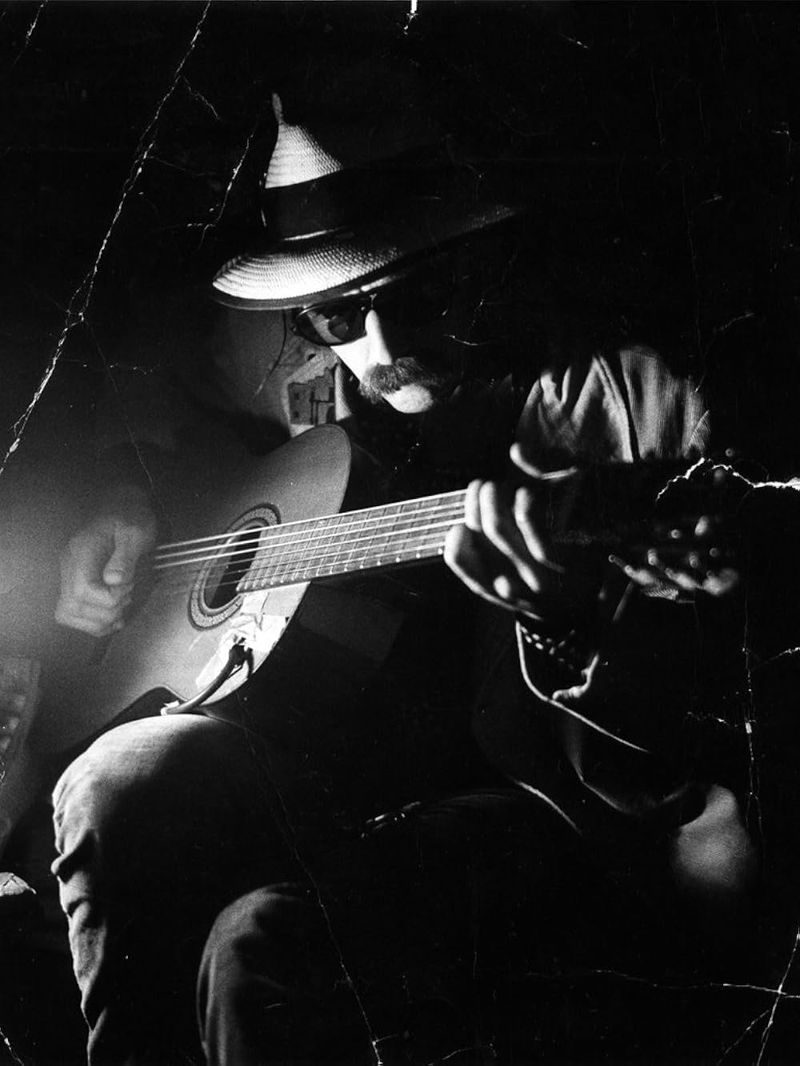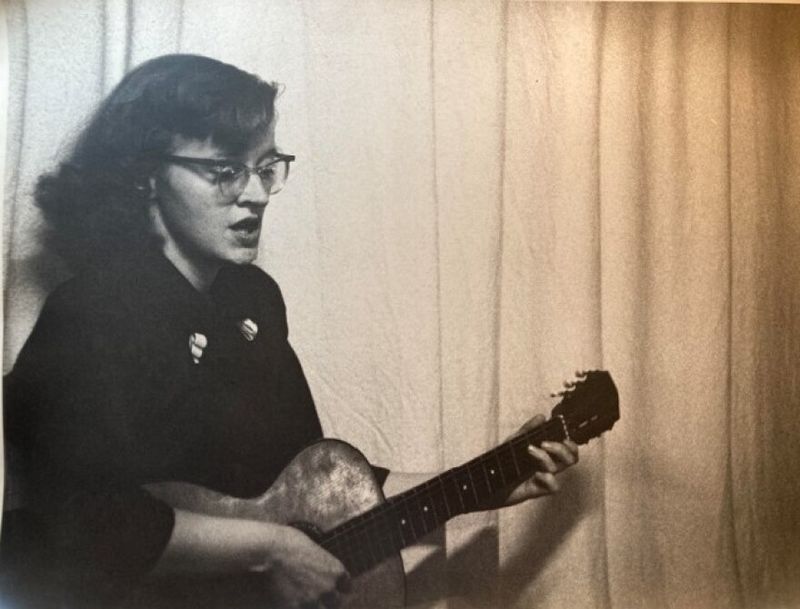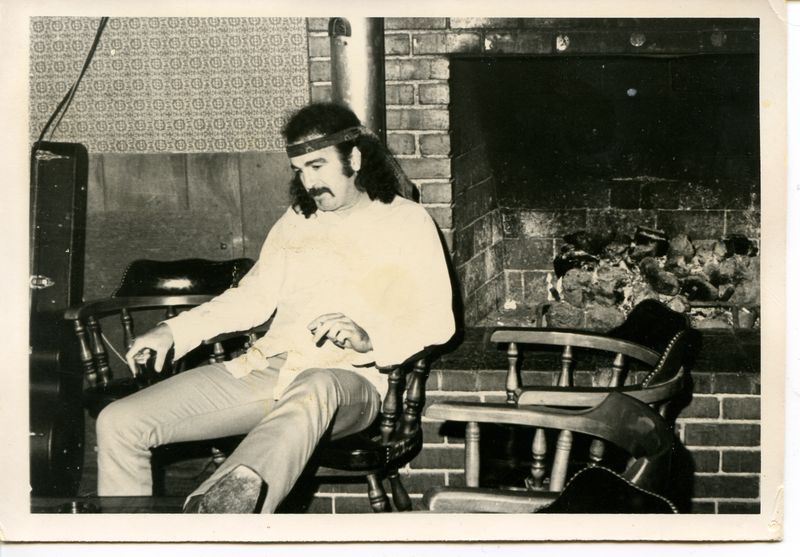Music history is filled with artists who never realized their impact on the world. Some created masterpieces that fell flat during their lifetime, only to be discovered and celebrated years after they were gone. Others vanished mysteriously, leaving behind musical treasures that would eventually find devoted audiences. These forgotten legends may have died thinking they were failures, but time has revealed their true genius and lasting influence.
1. Nick Drake – The Ghostly Folk Icon
The shy British songwriter released three albums of haunting folk music in the early 1970s that barely made a ripple in the music world. Drake battled depression throughout his short life, retreating from public performances and struggling to connect with audiences. His sensitive nature made the commercial failure of his music particularly devastating.
After his tragic death at 26 from an antidepressant overdose, Drake’s music slowly found new listeners. A 1999 Volkswagen commercial featuring “Pink Moon” introduced millions to his delicate voice and intricate guitar work. Today, he’s considered one of folk music’s most influential figures—a recognition that came decades too late.
2. Rodriguez – The Unknown Rock Star
Sixto Rodriguez crafted brilliant folk-rock albums that flopped so badly in America he quit music to work construction in Detroit. Meanwhile, half a world away in apartheid-era South Africa, his protest songs became anthems for the anti-establishment movement. His albums outsold Elvis and The Beatles there, with fans believing he had died in a dramatic on-stage suicide.
For decades, Rodriguez had absolutely no idea about his international fame. The 2012 Oscar-winning documentary “Searching for Sugar Man” captured the moment when Rodriguez, then in his 70s, finally discovered his music had inspired a generation of South Africans. His belated recognition brought tears to viewers worldwide.
3. The Velvet Underground – The Band That Inspired Everyone (But Sold Nothing)
When The Velvet Underground released their debut album with Andy Warhol’s banana artwork in 1967, the record stores couldn’t give it away. Led by Lou Reed and featuring German singer Nico, the band’s raw sound and taboo lyrics about drugs and sexual deviance shocked audiences accustomed to flower power and peace signs.
Music producer Brian Eno famously quipped that while their first album sold only 30,000 copies, “everyone who bought it formed a band.” The Velvets disbanded after just four albums, completely unaware they had planted seeds for punk, alternative, and indie rock. Reed would spend decades watching younger musicians cite his failed band as their primary influence.
4. Karen Dalton – The Folk Singer’s Folk Singer
With a voice that sounded like midnight whiskey poured over broken glass, Karen Dalton bewitched everyone who heard her sing. Bob Dylan described her as his favorite singer from the Greenwich Village folk scene, yet she despised recording studios and commercial music.
Fiercely independent and troubled by addiction, Dalton recorded just two albums before disappearing into homelessness. She died alone in 1993 from AIDS complications, her genius virtually unknown beyond a small circle of musicians.
Twenty-first century artists like Nick Cave and Joanna Newsom have championed her raw, authentic blues interpretations, bringing posthumous acclaim to a woman who never sought fame but deserved recognition for her uncompromising artistry.
5. Link Wray – The Man Who Invented the Power Chord
A half-Shawnee guitarist with one lung, Link Wray created the distorted, menacing sound of rock rebellion before most people knew what rock even was. His 1958 instrumental “Rumble” was banned from radio for supposedly inciting juvenile delinquency—despite having no lyrics whatsoever!
Wray punched holes in his amplifier speakers to create a fuzzy, distorted sound that would become the foundation of hard rock. Yet commercial success eluded him throughout his life. He toured relentlessly in small clubs, never receiving proper compensation or recognition.
By the time he died in 2005, his power chord technique had fundamentally changed guitar playing forever, influencing everyone from Jimmy Page to Iggy Pop—a revolutionary legacy he never fully witnessed.
6. Sibylle Baier – The Lost Folk Gem
In the early 1970s, a young German mother recorded haunting folk songs on a reel-to-reel tape recorder in her home. Sibylle Baier created these intimate musical snapshots for herself and close friends, never seeking a record deal or public recognition. Her delicate voice and poetic lyrics captured profound melancholy and quiet joy.
The tapes gathered dust for decades until her son discovered them in 2004. He made CD copies for family members, one of which reached music producer J Mascis of Dinosaur Jr.
By 2006, Baier’s album “Colour Green” was officially released, earning breathless praise from critics who called it a lost masterpiece. Baier, living a quiet life far removed from music, seemed surprised by the belated attention to her personal artistic expressions.
7. The Shaggs – The “Worst Band Ever” That Became Icons
Forced into music by their father’s psychic vision, the Wiggin sisters formed The Shaggs without any musical training whatsoever. Their 1969 album “Philosophy of the World” featured wildly out-of-tune guitars, off-beat drumming, and earnest but bewildering vocals that critics savaged as the worst music ever recorded.
The band disbanded after their father’s death, returning to normal life and assuming their musical career was an embarrassing footnote. Little did they know that Frank Zappa would later call them “better than The Beatles.”
By the 1980s, influential musicians like Kurt Cobain were praising The Shaggs’ accidental avant-garde genius. Their untrained, unfiltered expression had created something truly original—music free from convention because they literally didn’t understand musical conventions existed.
8. Blaze Foley – The Songwriter’s Songwriter
Sporting duct tape on his boots and sleeping on friends’ couches, Blaze Foley embodied the authentic outlaw country spirit that Nashville’s polished cowboys could only pretend to have. Friends called him the “Duct Tape Messiah” for his habit of taping his clothes and instruments together. His raw, honest songs about broken hearts and hard living came from genuine experience.
Foley’s self-destructive behavior and unwillingness to compromise kept him from commercial success. He died tragically at 39, shot while defending an elderly friend.
Years later, Merle Haggard and Willie Nelson covered his songs, finally bringing attention to his brilliant writing. The 2018 biopic “Blaze” introduced new generations to this authentic voice who never lived to see his influence on Americana music fully realized.
9. Connie Converse – The First Singer-Songwriter (Who Vanished)
In 1950s New York, when women were expected to be homemakers, Connie Converse wrote introspective songs about independence and loneliness. Her sophisticated guitar playing and literary lyrics predated the singer-songwriter movement by a decade. Despite performing on early television and recording demos, her music found no audience in an era dominated by slick commercial pop.
Frustrated and depressed at 50, Converse packed her Volkswagen Beetle in 1974, wrote goodbye letters to friends, and simply disappeared. No trace of her has ever been found.
Decades later, when her 1950s home recordings were finally released in 2009, music historians were stunned. They had discovered the missing link in American folk music—a pioneer who vanished without knowing her revolutionary place in music history.
10. Jim Sullivan – The Musician Who Disappeared Into the Desert
The eerie coincidence still sends chills down music lovers’ spines. In 1969, Jim Sullivan recorded an album called “U.F.O.” with songs about desert highways and being abducted by aliens. Six years later, he vanished without a trace in the New Mexico desert—his abandoned car found empty near a UFO hotspot.
Sullivan had been a fixture in Malibu’s music scene, playing alongside the Beach Boys and rubbing shoulders with Hollywood stars. When success didn’t materialize, he headed to Nashville for a fresh start but never arrived.
His haunting album, rediscovered in the 2000s, features lyrics that seem to predict his own mysterious fate. Modern listeners have embraced his cosmic country-rock sound, creating a posthumous legacy for a man who disappeared into the same mysterious landscape he sang about.
